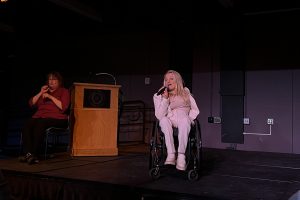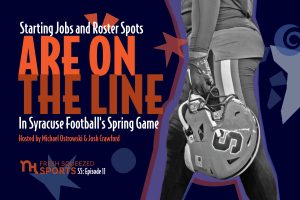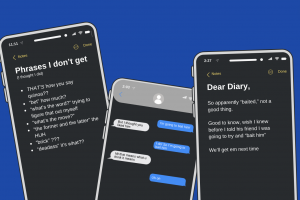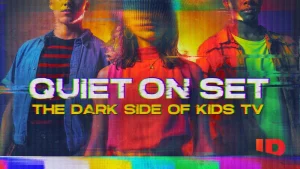Syracuse pop-up clinics aim to boost vaccinations within Black community
City of Syracuse hosts pop-up clinics
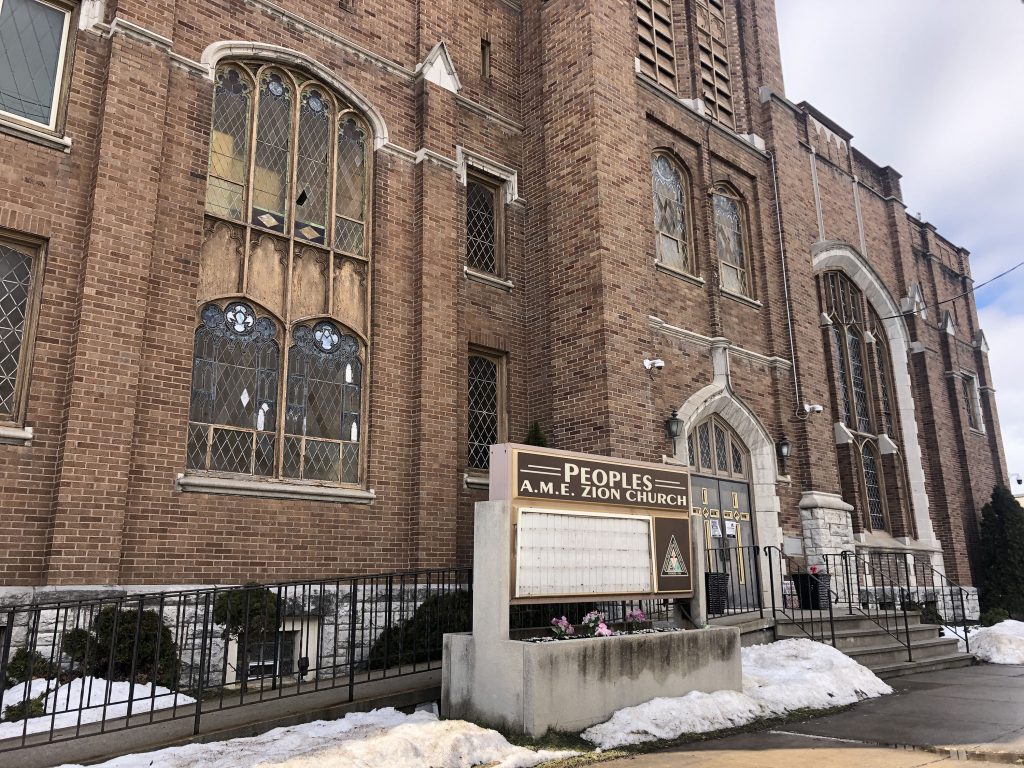
Syracuse resident Merriette Pollard, 74, has received both doses of the COVID-19 vaccine thanks to a pop-up clinic at People’s AME Zion Church on Syracuse’s South Side. She spent hours trying to schedule an online appointment, which would have left her waiting until April 12.
Local and state health departments, community organizations and medical experts have been working together to coordinate clinics like these throughout Syracuse to increase vaccinations within the Black community, according to Rebecca Shultz, the director of community health at the Onondaga County Health Department. Along with the church, other pop-up clinics have been held at Dr. Weeks Elementary School, Toomey Abbott Towers and at the Boys & Girls Club.
“Our community partners have been tremendous in helping us educate people on the safety and effectiveness of the vaccine while serving as the critical credible messengers we need to get folks to receive the vaccine,” Onondaga County Executive Ryan McMahon said in an emailed statement.
Currently, only 2.5% of those in central New York who have had at least one dose of a coronavirus vaccine are Black, according to New York State’s vaccine data through Feb. 24. By comparison, 93% are white.
Shultz said this community-level effort should not only ease concerns about the safety of the vaccine but also to ensure the vaccine is “distributed equitably” among residents in Syracuse and central New York.
“It’s a slightly different registration process, where we’re actually reaching out to trusted members of community agencies to help get people in,” Shultz said.
Dr. Daryll Dykes, the chief diversity officer at SUNY Upstate Medical University, said getting the vaccine to underrepresented communities has been a priority for the state’s Vaccine Equity Task Force since the start of the vaccination effort. The task force has identified potential barriers like vaccine hesitancy, limited internet access and transportation issues.
“We have understood all along that one of the best ways to combat hesitancy was to have people in the community hear about the vaccine, actually receive the vaccine in places that were comfortable and by people who are trusted spokespersons from their own communities,” Dykes said.
Pollard, a community member, initially had her own concerns about the vaccine. She said community forums and the coordination between the health department and the church was important for reducing vaccine skepticism among Black people.
“Once individuals saw that all members of the community took the vaccine, it sort of served as a role model for some of those who were not sure they wanted to do it,” Pollard said.
After being contacted by New York Gov. Andrew Cuomo’s office, Pastor Daren Jaime of People’s AME Zion Church said he worked with other community organizations, churches and the Syracuse Housing Authority to identify eligible members of the community. For many of the church’s eligible members, Jaime said it would have been difficult for them to access the website to make an appointment as well as to drive to one of the county’s vaccination sites.
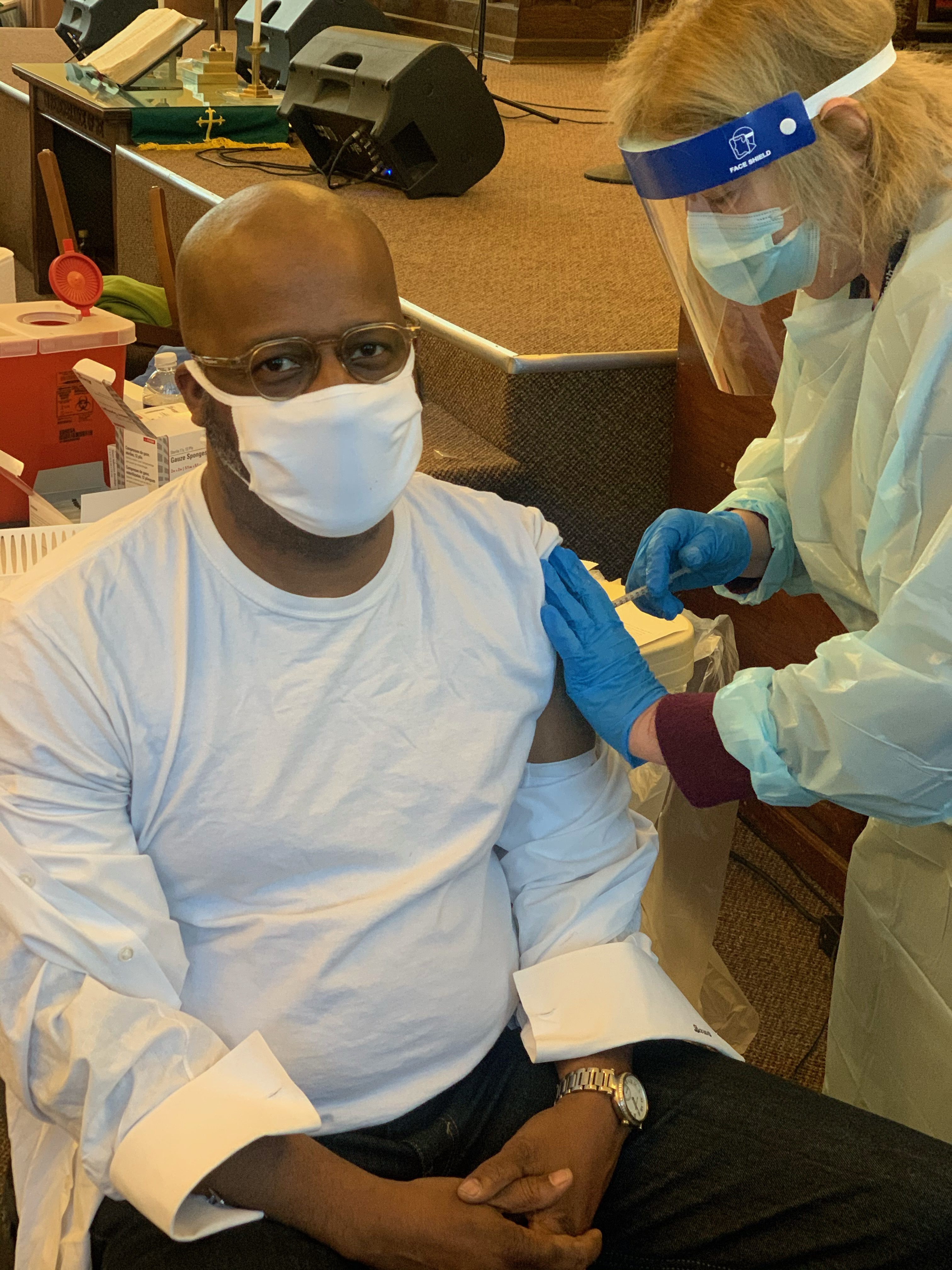
“To have something that it’s in their backyard, that they can easily reach, a place that’s comfortable and recognizable was a great option,” Jaime said.
As the Black community has been disproportionately affected by COVID-19, this vaccination effort is important to have in communities of color, Jaime said. Black or African-American individuals are 1.9 times more likely to die of COVID-19 than white people, according to CDC data. Jaime said he knows 45 people who have died from the virus and hundreds who have been infected, including family members.
“If we’re the ones who are really seeing the highest mortality rate, then we should probably have some priority in terms of healing,” Jaime said.
Jaime said the church is happy to continue opening its doors as more vaccines become available and as eligibility expands.
Though dependent on New York State Health Department guidance and vaccine supply, Shultz said the pop-up sites may be expanded and existing pop-up sites may return to reach newly eligible members of the population.
“I think having the connections established in the community is really going to serve us well as more vaccines becomes available, because we’ll be able to just tap in and set up with less effort than if we were sort of starting from scratch,” Shultz said.

